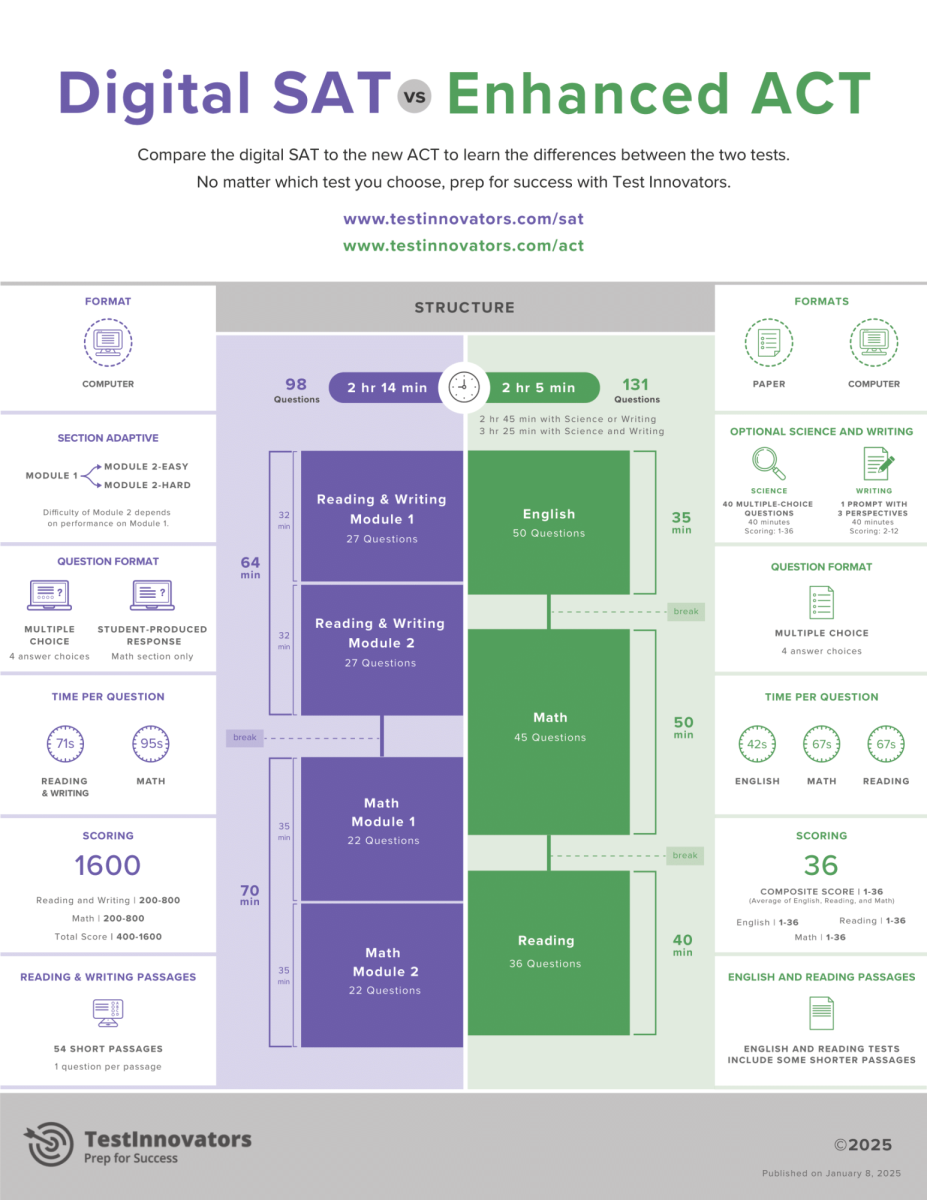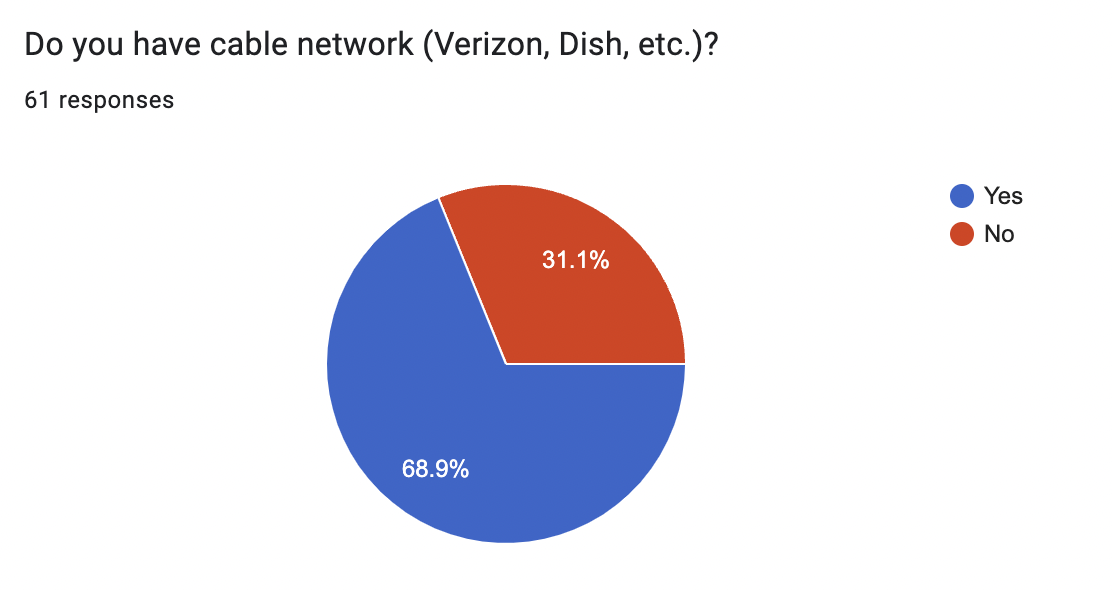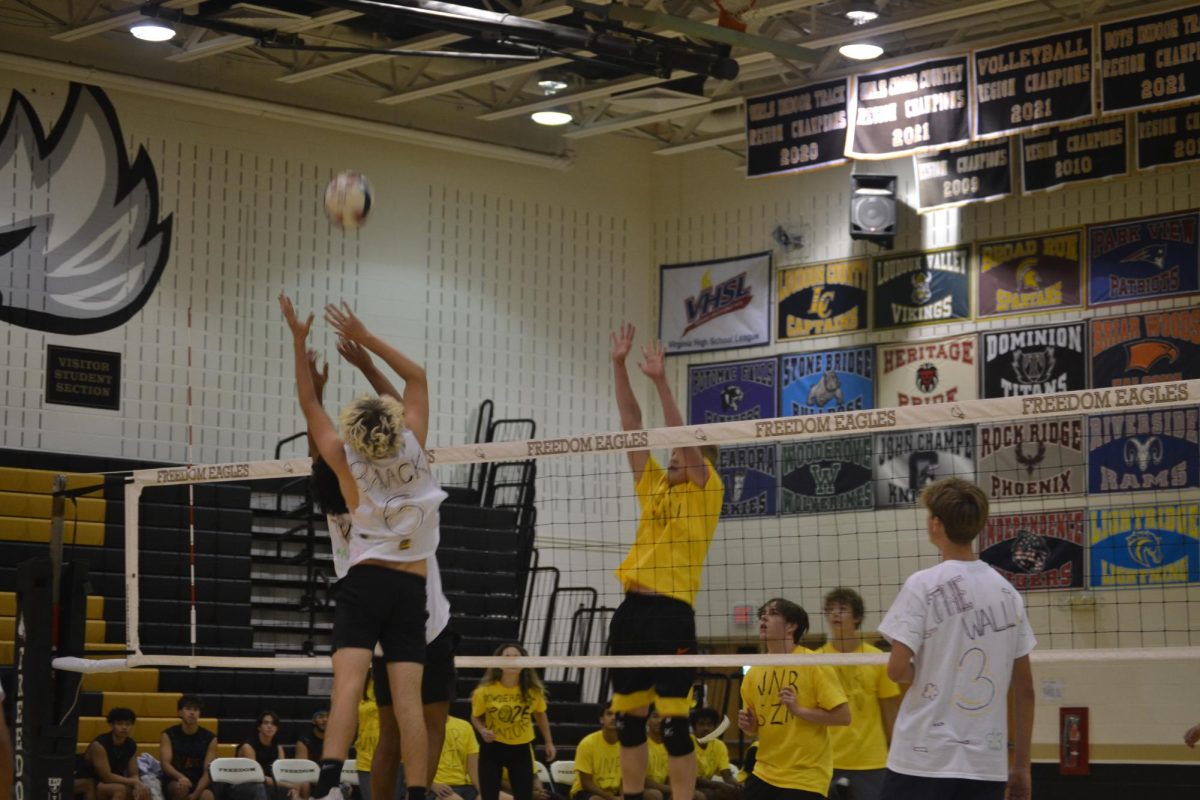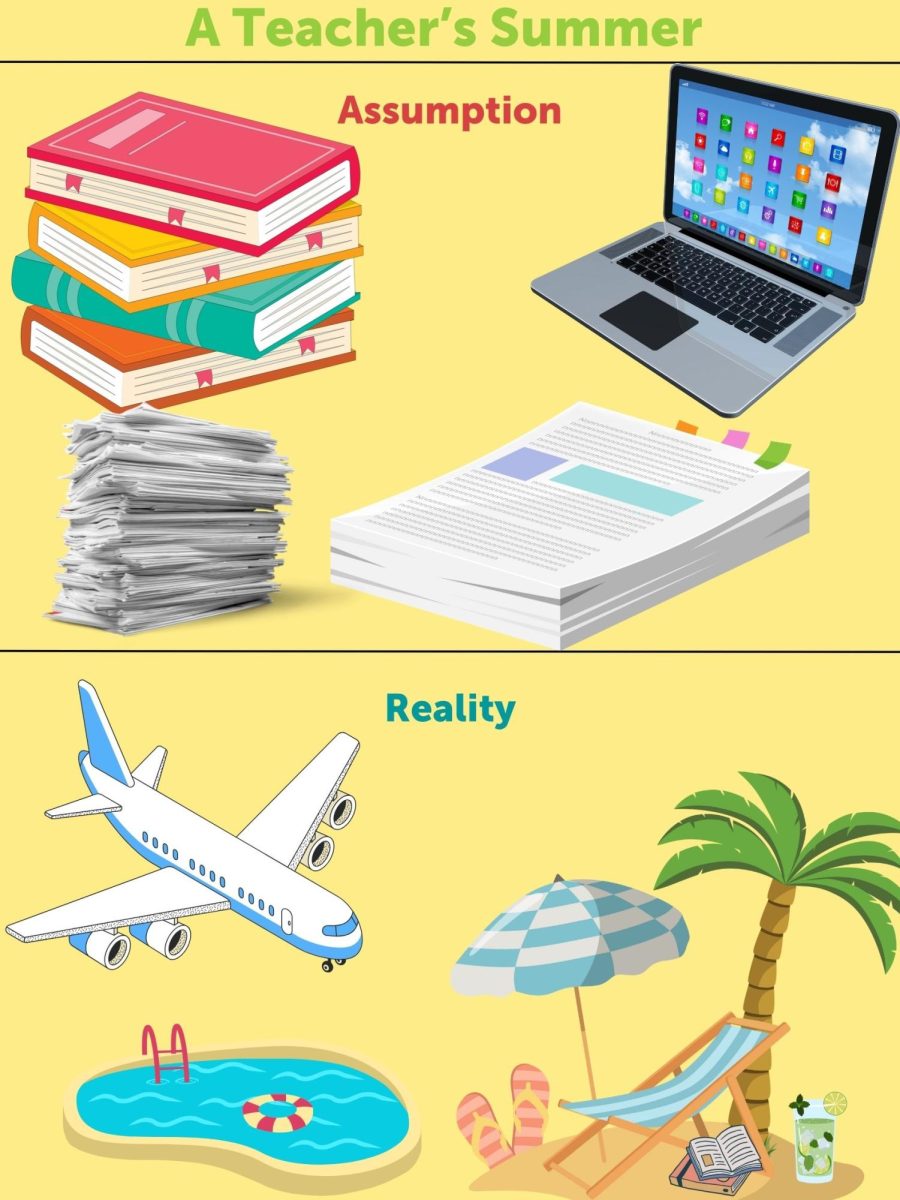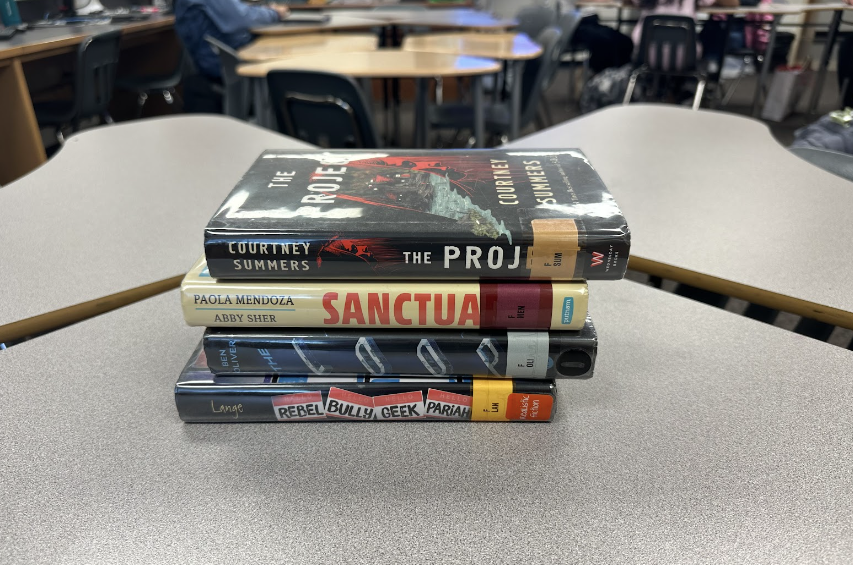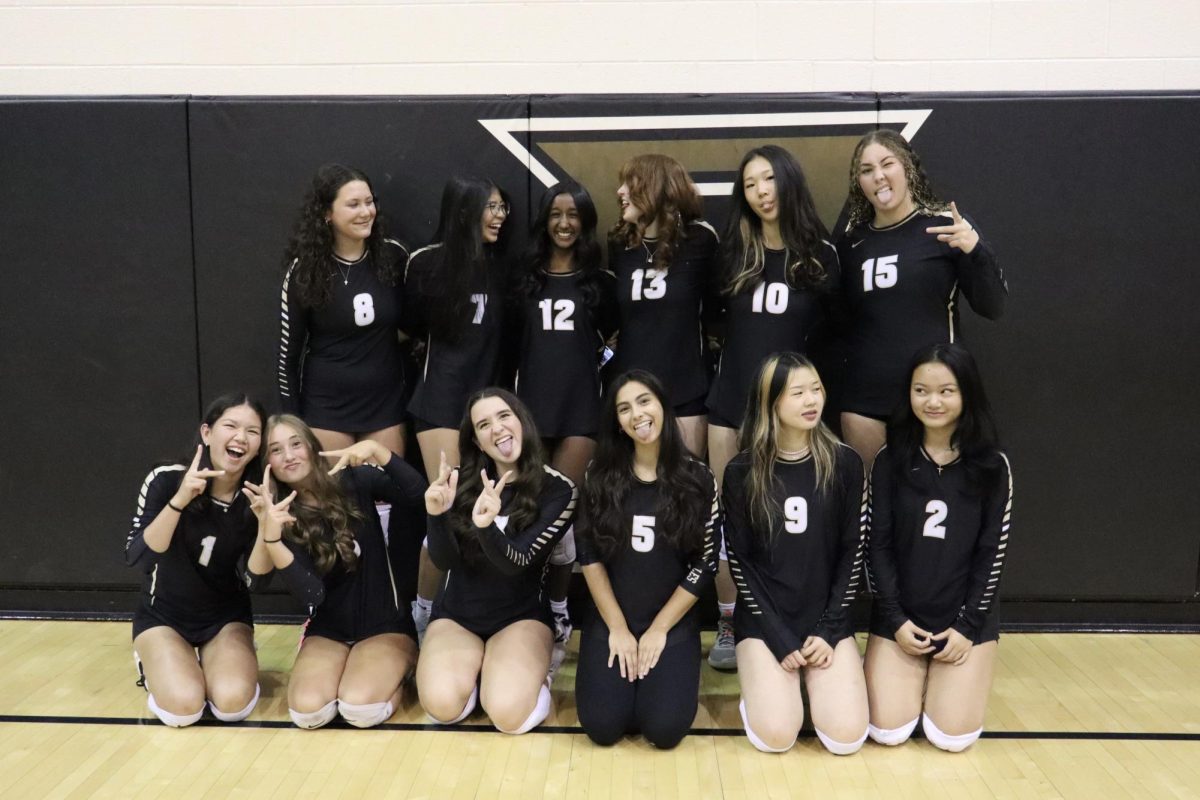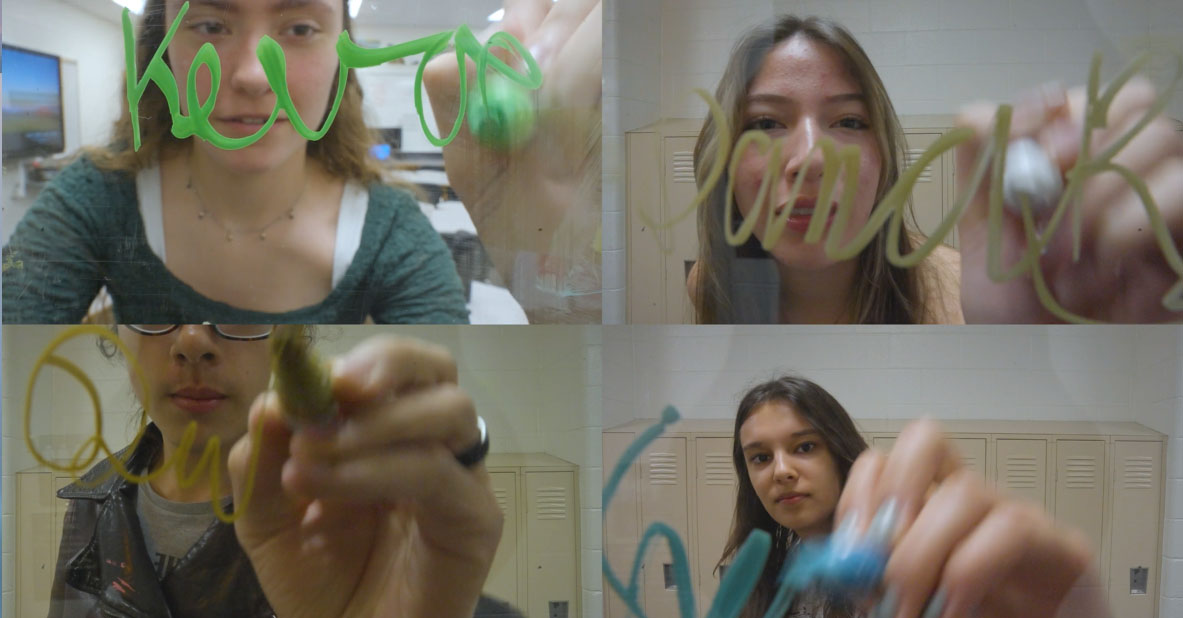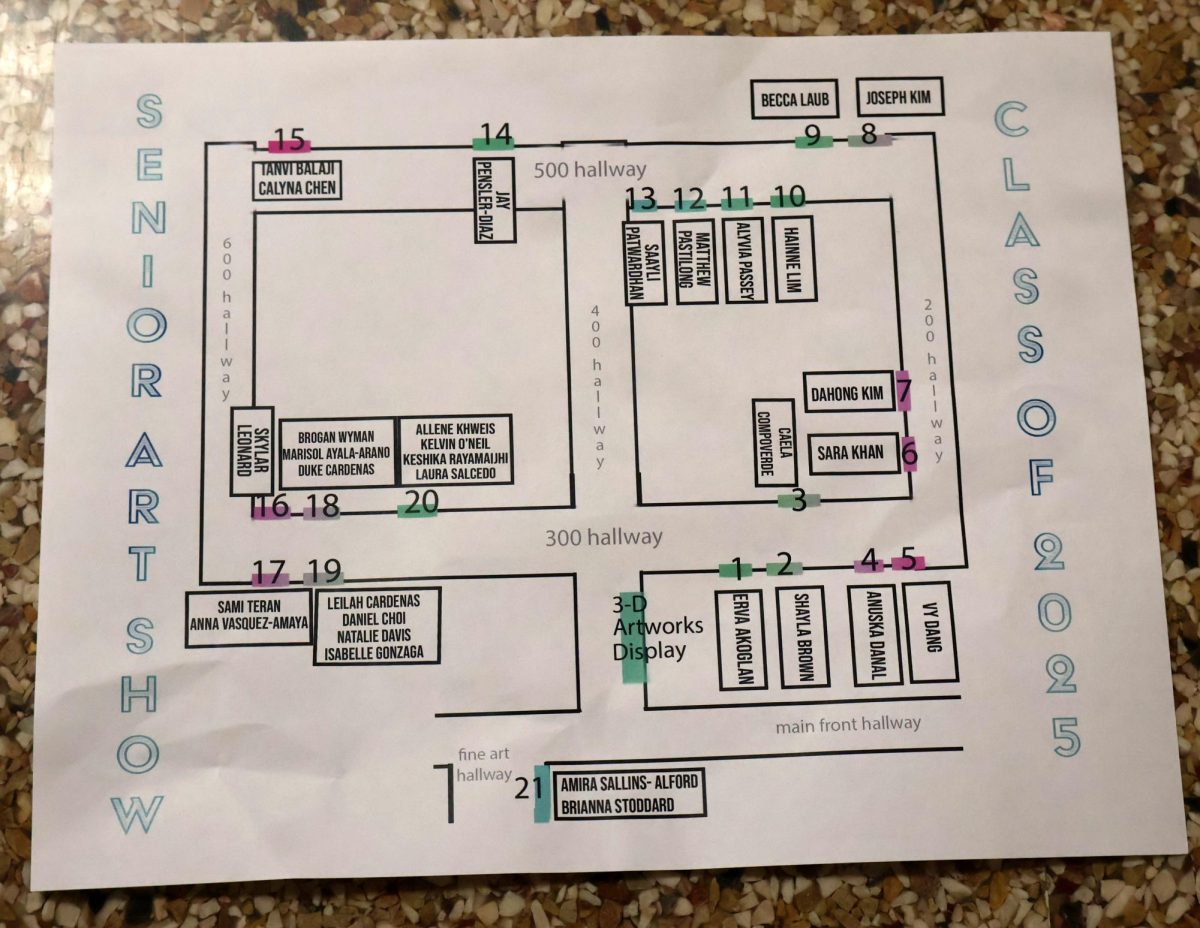Sophomores Lost in AP World
October 13, 2021
In a traditional school year, students prepare for AP World History by enrolling in the Pre-AP World course. Although most current sophomores followed the same enrollment plan, Pre-AP World took place online.
Pre-AP World is designed to establish certain skill sets, such as building strong analysis skills. However, with the limitations of being online, it was a very different experience from the normal curriculum-hence, most students did not retain the skills and knowledge needed to handle the difficulty of AP World History.
“It has only been four weeks of school,” said Riley Thompson, a sophomore enrolled in AP World. “And in these four weeks, four people dropped out of my class.”
The AP course itself, even in a normal learning environment, is very challenging to many, since it is one of the first AP classes students take. However, despite the circumstances of online school, not only were students required to meet AP expectations, but they are expected to build on the skills taught in ninth grade; most students were not able to comprehend the preparation work from last year’s Pre-AP class, so these demanding expectations are very overwhelming for students.
The readiness students has affected their instructors as well. AP World teachers must bring these unprepared students to that AP level, no matter the circumstance.
“The hardest part of teaching this year for me is the need to constantly ask, ‘Wait, did they learn this last year?’ and adjust my lessons,” said Kevin Winters, an FHS AP World teacher. “For example, nineth grade teachers usually do a fantastic activity with the Chinese philosophies, and that is something I can usually expect students to have a firm grasp of and build upon when they get to AP World. Students this year didn’t have that activity last year, and I had to heavily modify my original plans.”
There were many changes made this year: The requirement of wearing masks full-time, social distancing at lunch, and, in this case, adjustments to the curriculum. Although adapting to these changes has been hard, it is important to remember that it is only the beginning of the year; students, it is still the adjusting period of the school year, and things will eventually become easier to handle, so keep working hard and do not stress out too much.
Winters adds, “First, remember that struggle is part of the learning process. If everything you are doing is easy, then you’re not learning much. Expect work, because most things worth doing require it. Second, communicate with your teachers. Part of being an adult is learning to advocate for yourself and learning to reach out when you need help. Finally, remember that grades are only an arbitrary indicator of your progress in that class. They are not [a] measure of your value. The strongest students I have ever taught never asked about grades. They asked me about the world. If you can become more curious about the world and less focused on the grade, you will enjoy this school experience so much more.”





